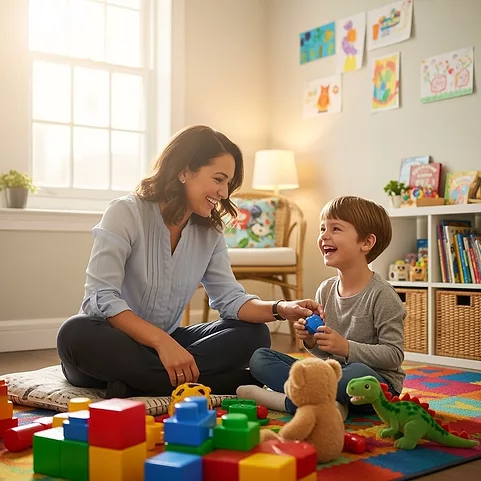Too Much “Screen Time” May Lead to Substance Use
Subject:
Substance Use
Short Description:
Too Much “Screen Time” May Lead to Substance Use
Background:
The American Academy of Pediatrics recommends keeping daily television viewing to no more than two hours per day, on the basis of research linking excessive TV to behavioral problem, poor body image, and other issues (AAP Policy Statement, Pediatrics 2001;107(2):423–426). Recently a group of researchers in Kentucky conducted a study to examine whether time spent watching TV or playing video games in elementary school correlates with substance use. Previous studies found a correlation between the amount of “screen time” and substance use in middle school and high school students, but not specifically among elementary schoolers. In this study, 4,691 fourth- and fifth-graders living in Kentucky were surveyed using the California Healthy Kids Survey and asked about their TV and gaming time, their substance use, and their home and school life. The results were disturbing. First, a significant proportion of the kids surveyed reported substance use—tobacco, alcohol, sniffing solvents, marijuana, or other illicit drugs. Twenty-one percent reported they had drunk alcohol, 9% reported they’d smoked tobacco, 7% reported they’d chewed tobacco, 4.8% reported sniffing solvents, 1.6% reported they’d smoked marijuana (although an endearing 9% stated they didn’t know what marijuana is), and 1.3% reported other illicit drug use. Alcohol use, solvent sniffing, marijuana use, and tobacco chewing were correlated with more time spent watching TV or playing video games. It stands to reason that lack of parental supervision would explain high levels of both TV/video time and substance use, so the authors tried to control for the level of parental involvement. In lieu of direct measurement of supervision, several questions on the survey addressed the degree of interest or involvement the children experienced, for example: “Does a parent or some other grown-up at home care about your school work?” “Does a parent or some other grown-up at home want you to do your best?” “Does a parent or some other grown-up at home listen when you have something to say?” Lack of parental involvement also increased the odds of substance use, as did being teased about one’s weight (Armstrong KE et al., Public Health Reports 2010;125:433–440).
TCPR's Take:
As clinicians, this study is a sharp reminder that even our younger patients may be using substances, and we should screen for use accordingly. Substance abuse starts early, and may be increased by messages on TV and perhaps in video games. Parents should be encouraged to adhere to the American Academy of Pediatrics recommendation to limit their children’s TV viewing to two hours a day of educational programming, and in the words of Captain Kangaroo, “spend more quality time with your little ones.”
Newsletters
Please see our Terms and Conditions, Privacy Policy, Subscription Agreement, Use of Cookies, and Hardware/Software Requirements to view our website.
© 2025 Carlat Publishing, LLC and Affiliates, All Rights Reserved.


_-The-Breakthrough-Antipsychotic-That-Could-Change-Everything.webp?t=1729528747)



